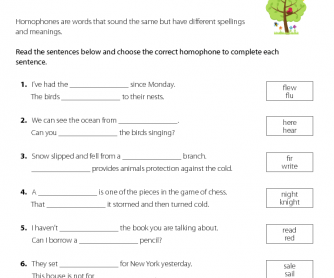100 Most Useful English Expressions
However, these 100 words are not a part of the simplified version of the language that he and C.K. Ogden called Basic English. Also, we're not talking about the 100 most frequently used words in English (a list that contains far more prepositions than nouns ).
This list of the most common words in English has been produced by Oxford University Press. By 'words' is meant head words. It is based on an analysis of a body of over a words. It represents a study done by, associated with the. This source includes writings of all sorts from 'literary novels and specialist journals to everyday newspapers and magazines and from to the language of chatrooms, emails, and weblogs', unlike some sources which use texts from only specific sources. The Reading Teachers Book of Lists claims that the first 25 words make up about one-third of all printed material in English, and that the first 100 make up about one-half of all written material.
Note that the items listed may represent more than one actual word; they are. For instance the entry 'be' contains within it the occurrences of 'are', 'is', 'were' and 'was'. Note also that these top 100 lemmas listed below account for 50% of all the words in the Oxford English Corpus. Source: Parts of speech In parentheses are their position in the overall list. Some words are not listed here because they can be used as more than one part of speech. The lists show clearly that 'function' words, like and, are more common than 'content' words, like, and most,.
Verbs like 'to be' have both content and linguistic functions.
Why is it so important to learn English idioms? Well, say you’re in an American bar. It’s loud, but you can. You hear a fellow drinker talking about hitting books another is talking about twisting someone’s arm and it sounds like someone’s been stabbed in the back. What the heck is going on? You scratch your head and wonder why you’re still lost even though you can translate the words. Well, you’ve just had your first.
If you don’t understand common idioms in English, it’ll be hard to truly communicate like a native speaker. In this post, we’ll teach you 100 English idioms that you need to make sense of the chatter at that American bar—and anywhere else! But first, what exactly are idioms, anyways? What Are English Idioms? English idioms are a group of words whose meaning isn’t obvious from looking at the individual words. They have developed over time and so they might seem random to you.
English idioms often rely on analogies and metaphors. Because they’re, if you don’t know them, it’s almost impossible to understand the context. Learning common idioms in English will help you fit in with most situations, whether it’s at a basketball game, over a beer, studying or going out on a hot date. The key to understanding English idioms is never to look at them or read them in a literal sense—the words just won’t make sense together. Instead, you need to learn them in context so you can understand their true meaning. FluentU offers authentic English videos, like movie trailers, YouTube clips, inspiring talks and more, that’ve been transformed into a language learning experience. That means you get to absorb English idioms and other natural, real language, without worrying that you’re missing something.
100 Most Useful English Expressions
FluentU helps you learn fast with useful questions and multiple examples. The videos are organized by genre and level, so it’s super easy to find the ones that work for you. Best of all, you can take this immersive English practice anywhere. The English Idioms Mega-Post: 100 Essential Idioms (Organized by Theme) As we indicated above, the words in English idioms often seem totally random or strange when translated literally. That means it’s difficult to create connections between the idioms and their meanings, which makes them super difficult to remember. So for this mega-post of 100 English idioms, we’ve organized the idioms into common themes.

English Phrases With Meanings Pdf
This is called “grouping” or that uses associations between words to solidify them in your mind. We’ll start with idioms that have some common verbs and then common prepositions you might already recognize. Then we’ll move onto idioms for money, body parts, food and nature. English Idioms with Common Verbs 1.